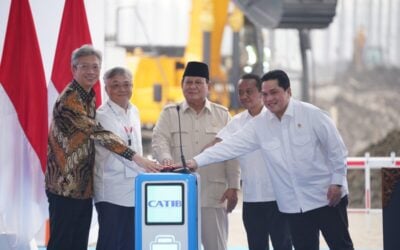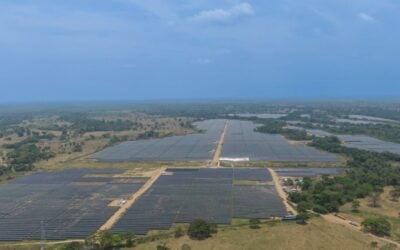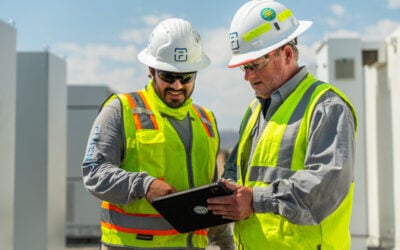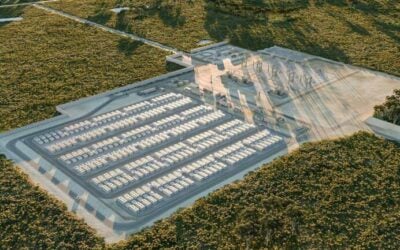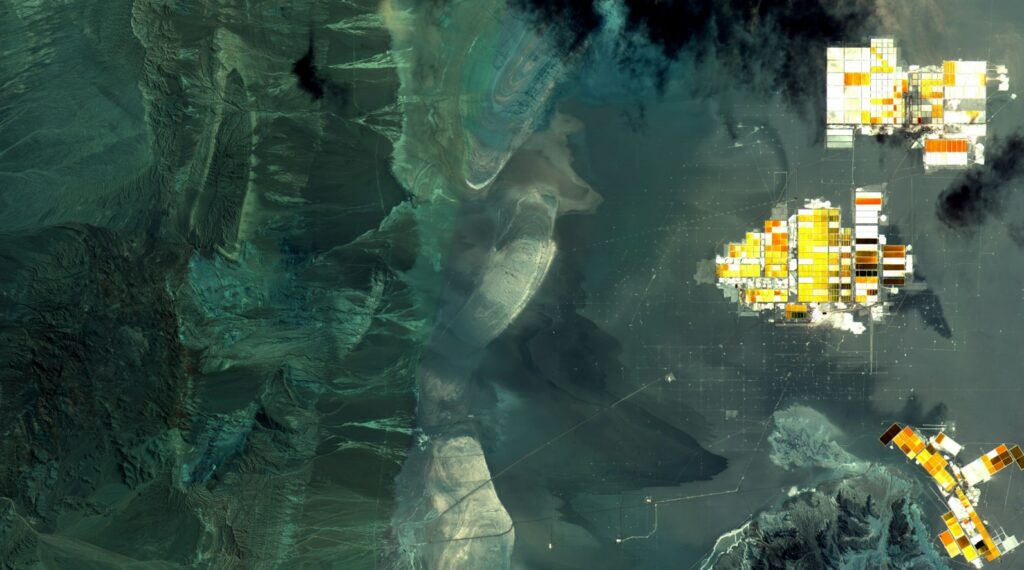
The president of Chile has proposed boosting state control over its lithium reserves, sending the share prices of companies involved in the extraction of the battery metal tumbling.
President Gabriel Boric said late on Thursday last week (20 April) that the government was seeking to move to a model where it would hold a controlling interest in all lithium projects through a public company, he said in a televised address.
Enjoy 12 months of exclusive analysis
- Regular insight and analysis of the industry’s biggest developments
- In-depth interviews with the industry’s leading figures
- Annual digital subscription to the PV Tech Power journal
- Discounts on Solar Media’s portfolio of events, in-person and virtual
The company would partner with private mining firms, which together do the bulk of lithium extraction through long-term concessions.
Lithium is an essential metal for lithium-ion battery technology, the chemistry of choice for the vast majority of energy storage system (ESS) projects and electric vehicle (EV) batteries today, and Chile is the next-largest exporter after Australia. The need for lithium is set to soar in the coming decade making reserves of the metal, the largest of which are in South America and Australia, a highly strategic asset.
By the end of the next day’s trading, two of the main companies involved in lithium extraction in Chile had suffered substantial stock market losses. Chilean firm SQM’s US-listed shares were down 18% while Albemarle’s had fallen nearly 9%. SQM has a contract ending in 2030 while Albemarle’s ends in 2043.
That is despite Boric saying that the government would not cancel existing contracts but rather try to negotiate with mining firms to shift to the public-private model. In fact, he has publicly taken issue with the use of the word ‘nationalisation’ to describe the policy move.
Albemarle’s share price has recovered about half of those losses since, sitting at US$182.71 at the time of writing today (25 April), compared with US$195 prior to Boric’s announcement. The firm said the development would have “no material impact on our business” while SQM said it was “analysing the strategy delivered by the government”.
Mexico nationalised its lithium deposits last year amidst a wider wave of economic nationalism across Latin America.
Boric also said that the country intends to move into higher-margin industries associated with battery production. However, this poses numerous challenges, particularly in Latin America, as Energy-Storage.news reported last year after interviewing an analyst from Fitch.
For one thing, simply having access to reserves is not enough – lithium refining is needed before it can be used in battery production, and China has a virtually complete monopoly on this capital-intensive process today.
A lack of domestic EV market and high risk associated with LatAm has also prevented investments into the lithium-ion production space. However, China-based EV and battery manufacturer BYD recently announced it would build a US$290 million lithium cathode factory in Chile’s Antofagasta region.
Boric said: “In Chile we can add value, we can produce batteries, here in our country, we just don’t have to extract the raw material.”

